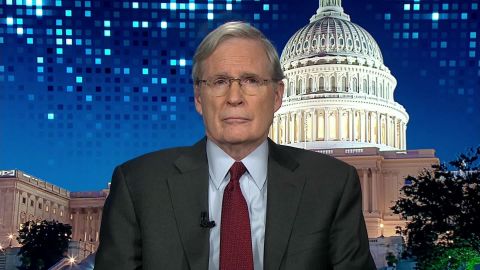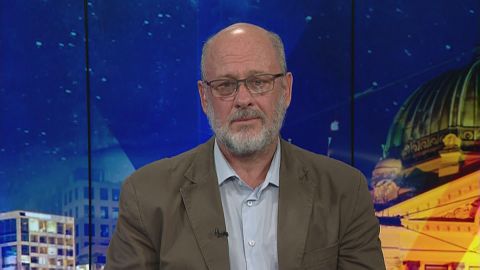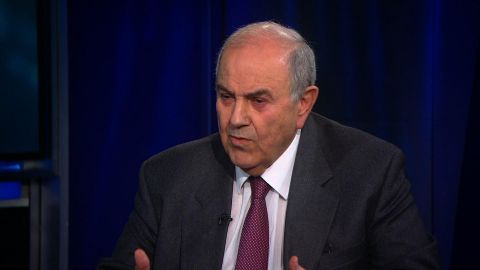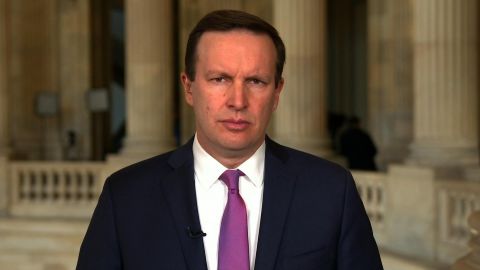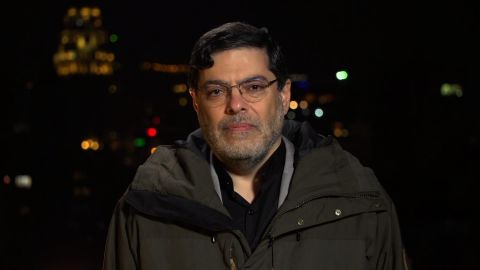Read Transcript EXPAND
CHRISTIANE AMANPOUR: Can we just start by admitting and just putting it out there that Qasem Soleimani was no angel, that he was the architect of malign Iranian influence and mastermind of military adventures and responsible for the deaths of so many Americans and so much other negative influence in that region? But the question to somebody like yourself is, was the assassination of this personality at this time the wise choice for America, and what is the route ahead? What is the next step?
STEPHEN HADLEY, FORMER U.S. NATIONAL SECURITY ADVISER: That, of course, is the right question. Why did the president do it? What they have said is, they did it to forestall imminent attacks on Americans. I think they also did it to try to show, by a big move, by taking out Soleimani, to try to defer further Iranian action. Iranian — Iran, through one of its surrogate forces in Iraq, had for months been attacking U.S. targets. That’s through Kataib Hezbollah. And I think the administration wanted to send a message to the Iranian regime that this had to stop, or there would be consequences. So, I think it was to prevent an imminent attack and I think it was also to try to send a broader deterrence message to try to halt an escalating set of attacks on American forces in Iraq.
AMANPOUR: So, you agree, then, that this was the right thing to do?
HADLEY: Don’t know. It will depend on how it goes. And in some sense, it’s too soon to say. There are a lot of people who have said this could be a disaster. It rallies the Iranian people around the Iranian regime. It may result in the Iraqis kicking out American forces. It will result in Iran getting out of the nuclear deal, retaliating. There are a lot of doomsday scenarios out there. They may come to pass. On the other hand, it is also possible that this will deter escalating Iranian activity directly and through its proxies against American forces. Second of all, it will put more pressure on Iran. It will make clear that this administration is willing to escalate militarily. There is likely to be more sanctions and more constraints on Iranian oil exports. And the problem for the regime is whether that hardship reignites the demonstrations that occurred in October and November in Iran that the regime was only able to put down through very harsh military measures. And the question is whether that kind of threat will force the regime to be pragmatic and to return to some kind of negotiations, where we would talk bout their nuclear weapons, their ballistic missiles, and also their disruptive activities in the region. So it’s too soon to say. Bold move. Could go badly. But there are also scenarios where it could have a positive outcome.
About This Episode EXPAND
As U.S.-Iran tensions escalate following the death of Qasem Soleimani, Christiane analyzes the situation with Mohammad Marandi, Chris Murphy, Ayad Allawi and Stephen Hadley. Plus, environmentalist Tim Flannery joins the program to discuss the wildfires devastating Australia.
LEARN MORE
